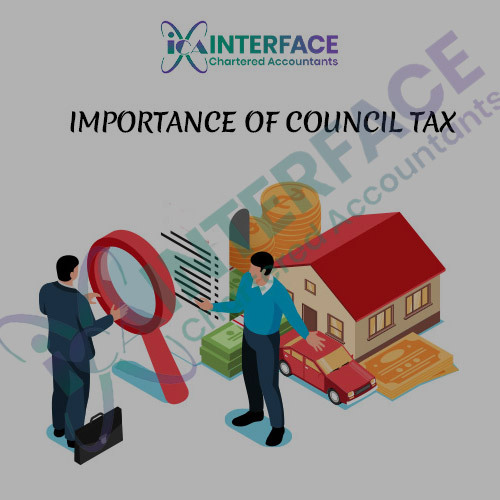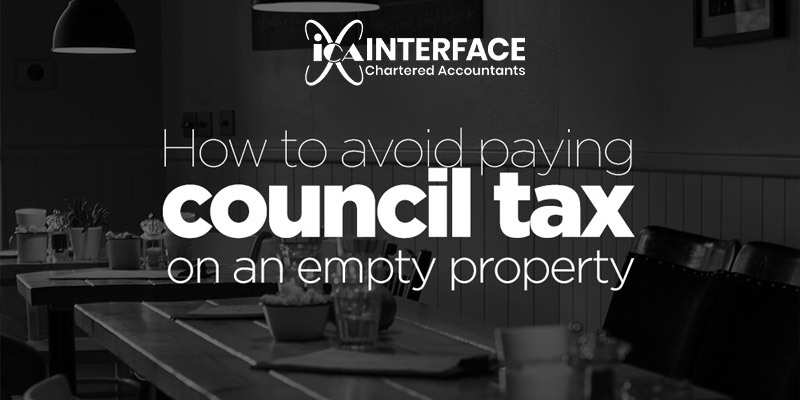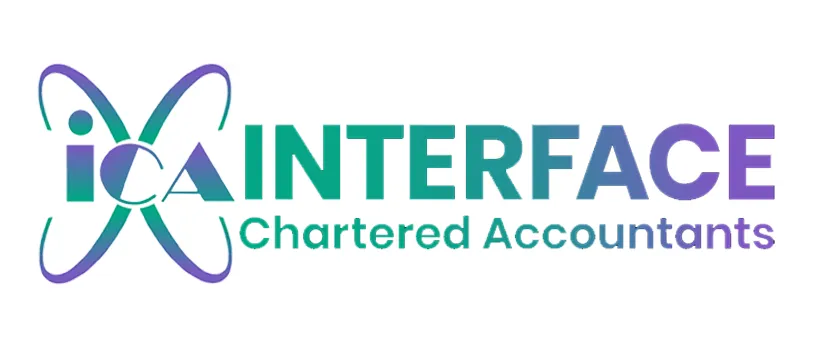What is a council tax?
Council Tax is a type of local taxation levied on households in the United Kingdom. It is used to help fund local services such as police, fire services, public transport and waste collection. To avoid paying council tax on an empty property, you may be eligible for a Council Tax Exemption or Discount.
Depending on the reason for the property being empty, you could qualify for a full or partial exemption. You should contact your local Council Tax office to see if you are eligible.
What is the importance of council tax?

Council Tax is an important source of income for local authorities and helps to fund essential services such as police, fire services and waste collection. It also helps to ensure that people who live in an area share the cost of these services, rather than them being funded entirely by central government. For this reason, it is important for people to pay their Council Tax on time and in full.
Why do we need to pay council tax?
We need to pay Council Tax to help fund essential local services such as police, fire services and waste collection. Without Council Tax, these services would have to be funded entirely by the central government, which would place a huge burden on the public purse. By paying Council Tax, we are helping to ensure that everyone who lives in an area is contributing towards the cost of these services.
What are the penalties or punishments one would have to face if they don’t pay council tax?
Failure to pay Council Tax can result in a variety of penalties or punishments. Depending on the local authority, these can include a fine, court summons or referral to bailiffs. In extreme cases, non-payment of Council Tax can also result in imprisonment. As a result, it is important to pay your Council Tax on time and in full.
Is there council tax on empty property?
Yes, most local authorities will charge Council Tax on an empty property. However, you may be eligible for a full or partial exemption depending on the reason for the property being empty. You should contact your local Council Tax office to see if you are eligible.
Why is there council tax on empty property?
There is Council Tax on empty property as it is an important source of income for local authorities and helps to fund essential services such as police, fire services and waste collection. The Council Tax also helps to ensure that people who live in an area share the cost of these services, rather than them being funded entirely by the central government.
List down ways to avoid council tax on empty property.

- Check if you are eligible for a Tax Exemption or Discount.
- Contact your local Tax office to see if you qualify.
- Ask your local authority if they offer a Tax rebate or deferment scheme.
- See if you are eligible for a Tax Hardship Reduction.
- See if you can apply for Tax Support.
- Ask your local authority if they offer a Tax Discount for empty properties.
If you are an owner of a property that is currently empty, you may be wondering how to avoid paying tax on it. This is a common question and one that many people find difficult to answer as it is a very complex issue. In this blog, we will discuss the options available to you to try and legally avoid paying tax on an empty property.
The first thing you should do is to research your local council’s rules and regulations for empty properties. Each council will have different rules for what constitutes an empty property and the time period for which council tax can be waived. The council will also have their own criteria for granting exemptions from paying tax.
As a result, it is important to check your local council’s website for exact details. If your property has been empty for more than two years, it is possible that you may be exempt from paying council tax.
However, some councils may require you to provide evidence that the property is not currently in use. This could include a signed statement from a tenant confirming that the property is not occupied, a statement from a landlord confirming that the property is vacant, or a copy of the rental agreement.
If your property is empty for less than two years, you may be eligible for a discount on your council tax. This discount is known as a ‘empty property discount’ and can be applied to the council tax you pay. The amount of discount you can receive will depend on how long the property has been empty and can range from a 25% reduction to a 100% reduction.
If your property is owned by a charity, you may be eligible for a full exemption from council tax. To qualify, the charity must be registered with the Charity Commission and the property must be used solely for charitable purposes.
Finally, if you are experiencing financial difficulties, it may be possible to apply for a financial hardship exemption. This is a discretionary exemption and you will need to provide evidence of your financial situation to your local council.
Conclusion.
There are a number of options available to you if you are looking to avoid paying council tax on an empty property. However, it is important to remember that each local council will have their own rules and regulations and you should check these before applying for any exemptions.
 Skip to content
Skip to content

